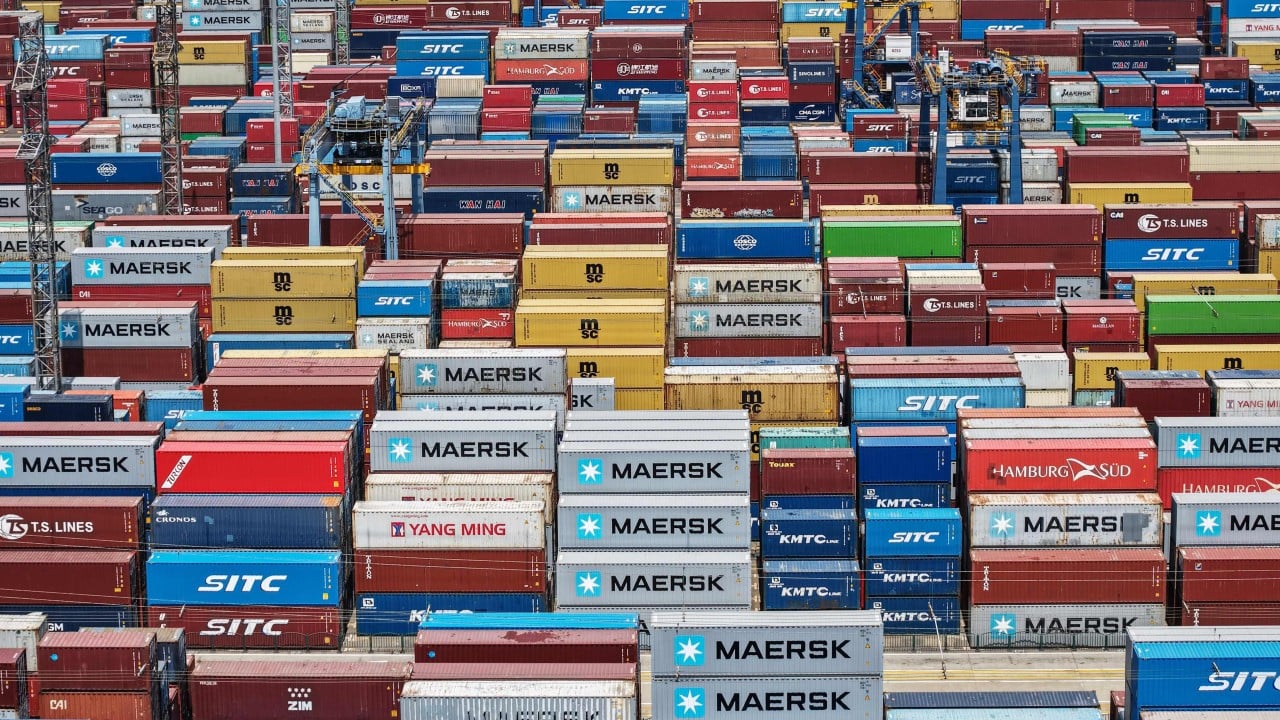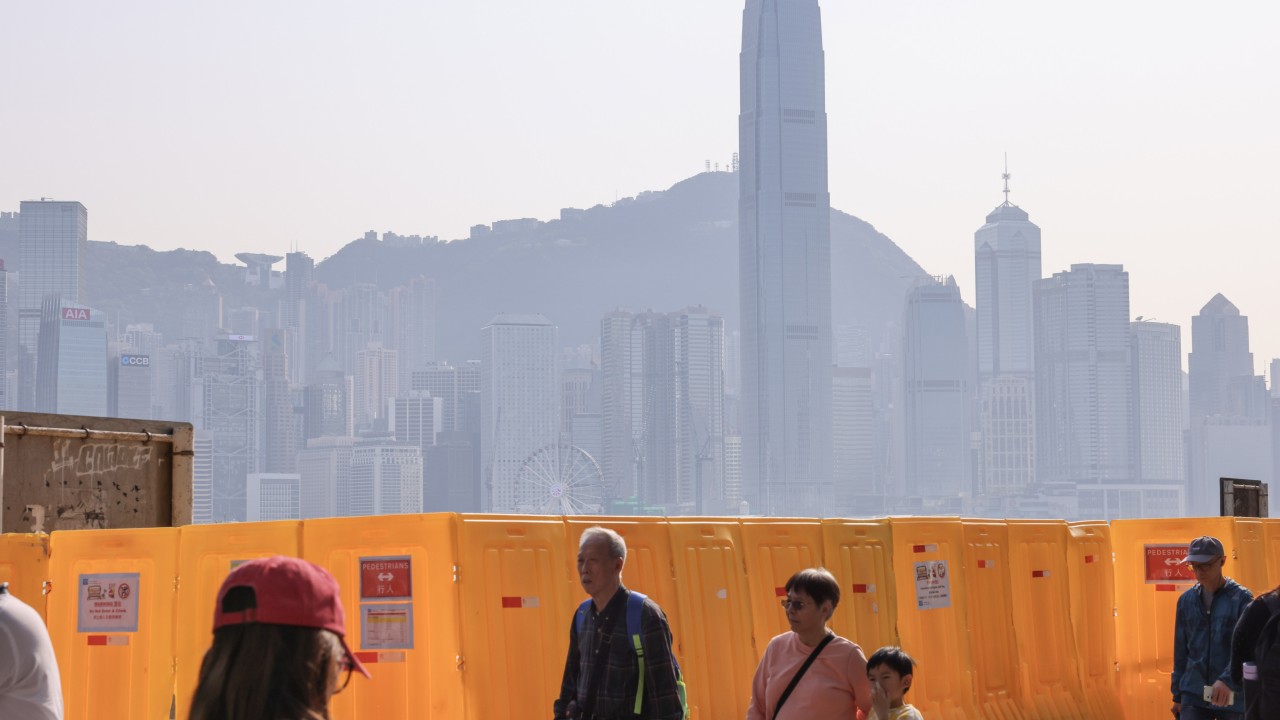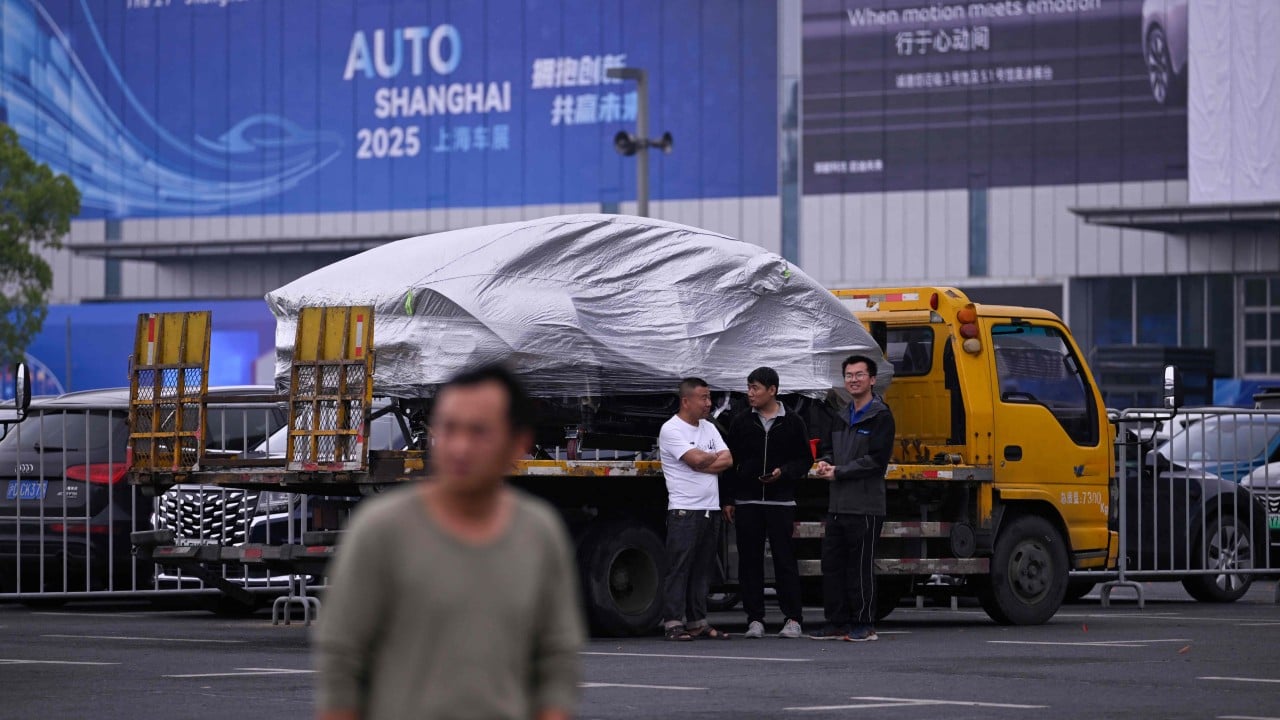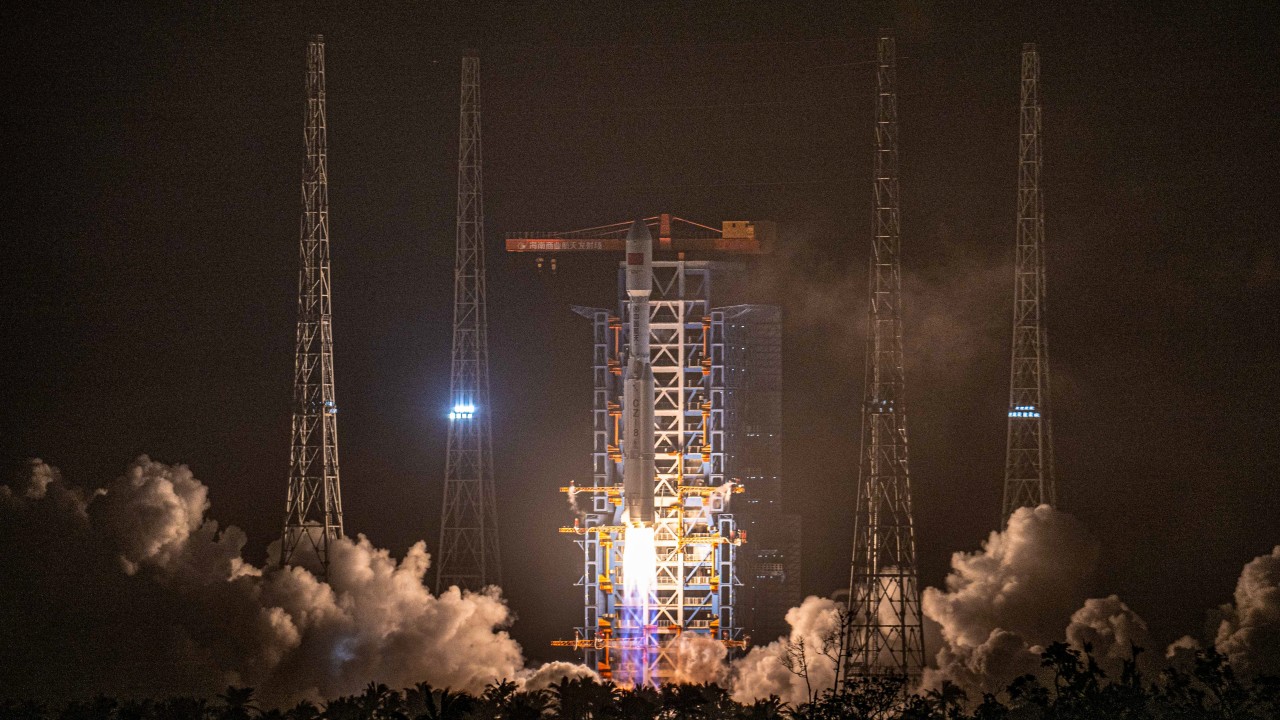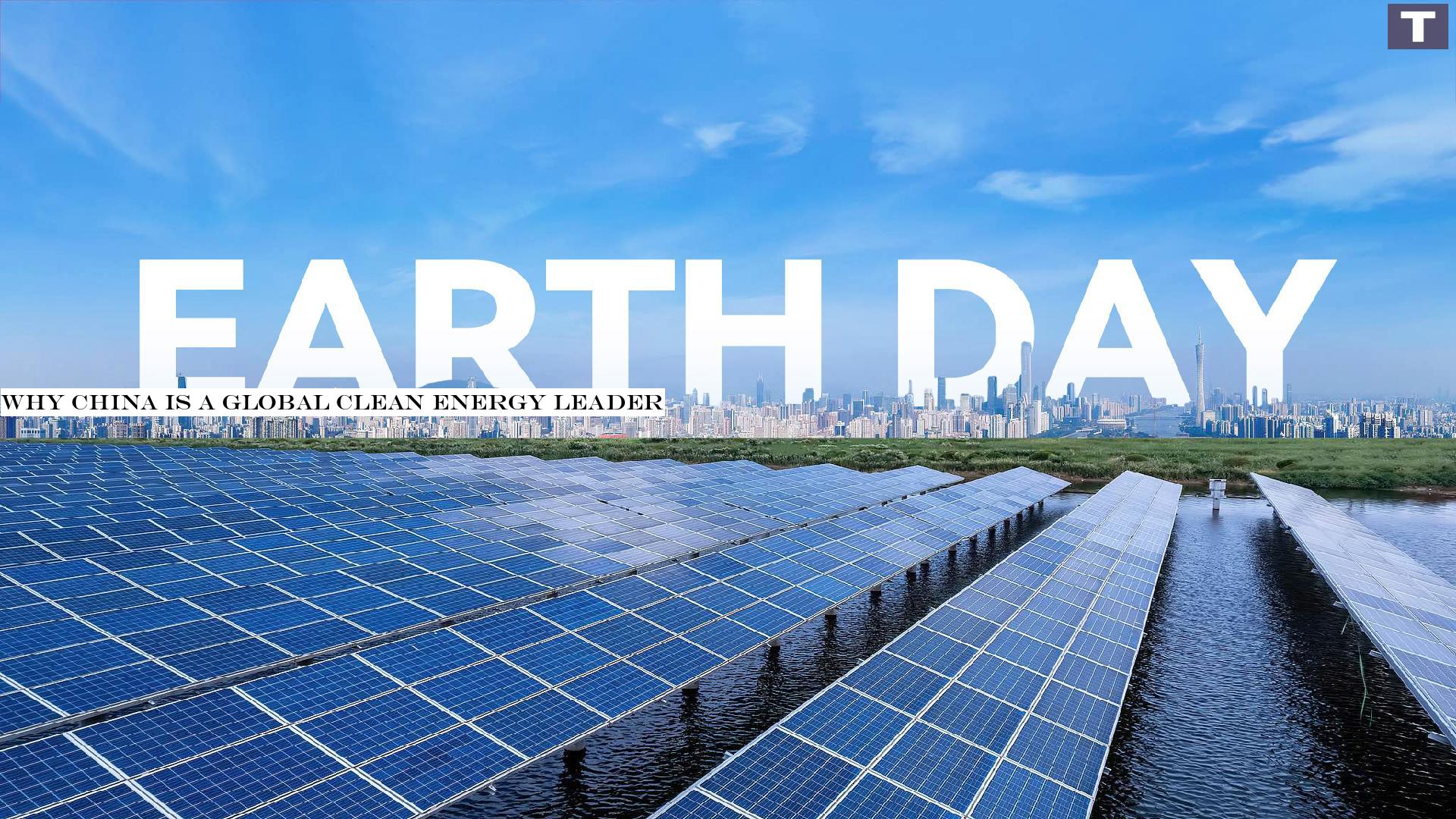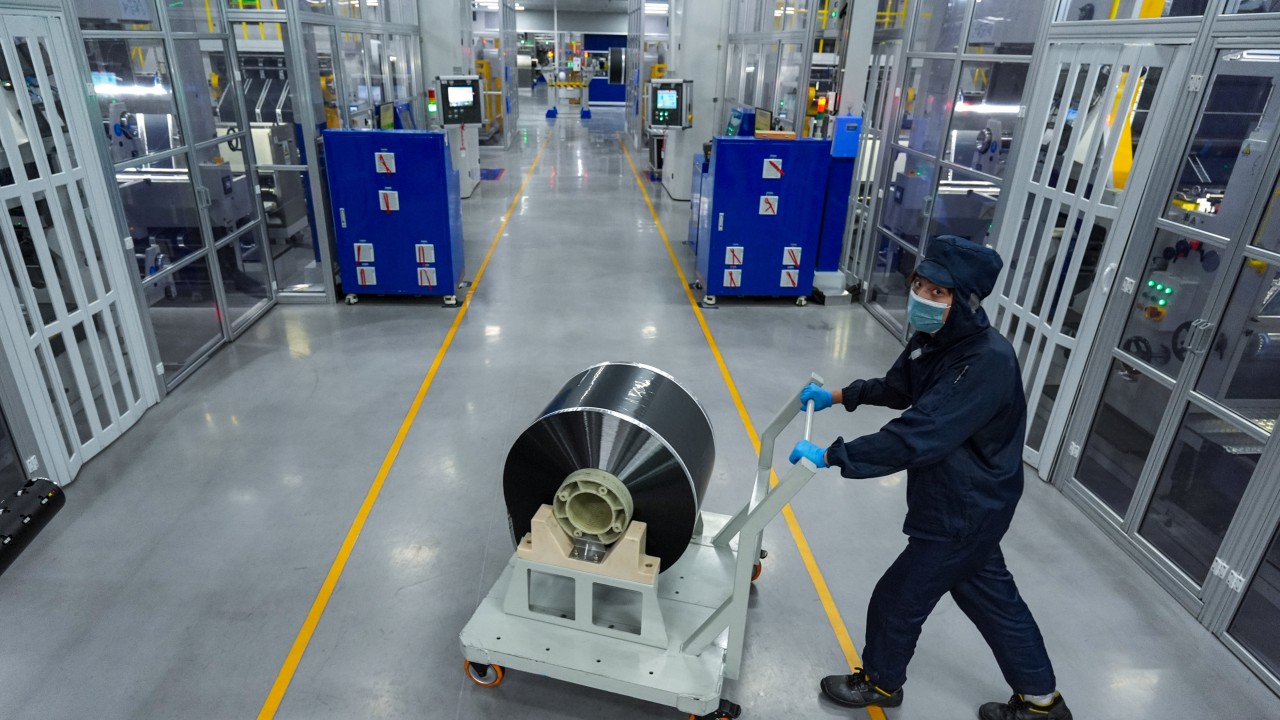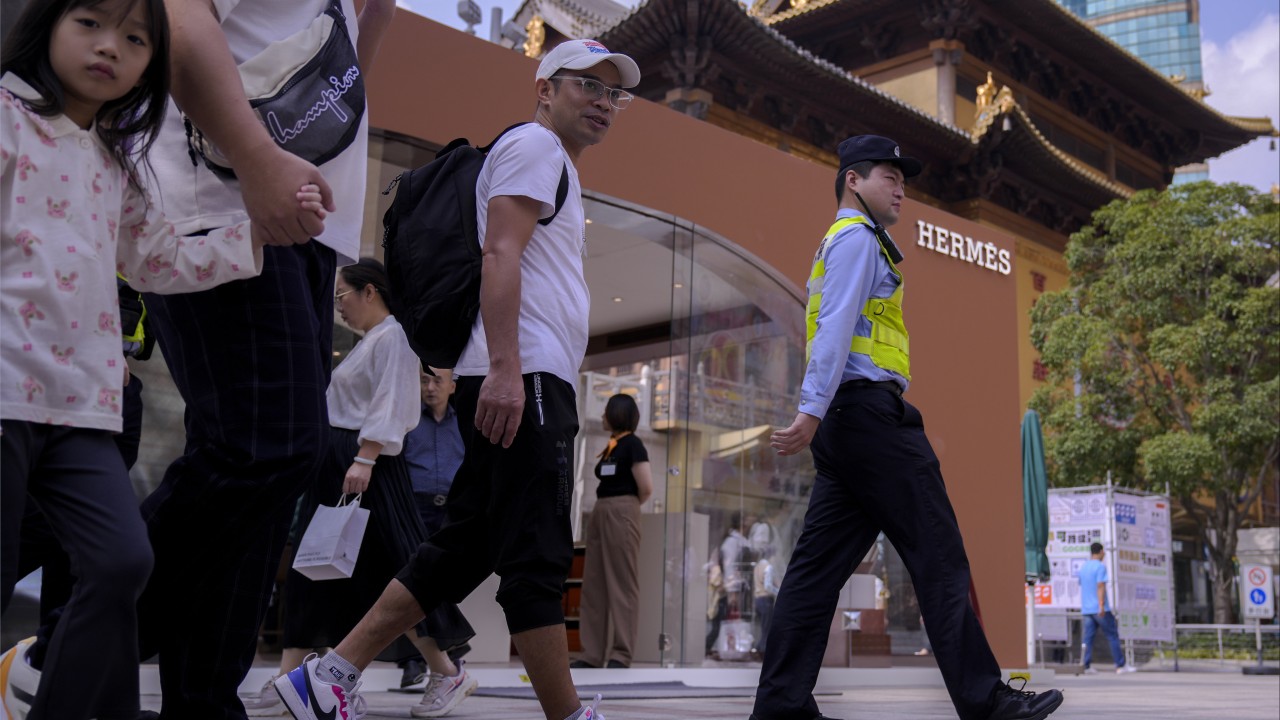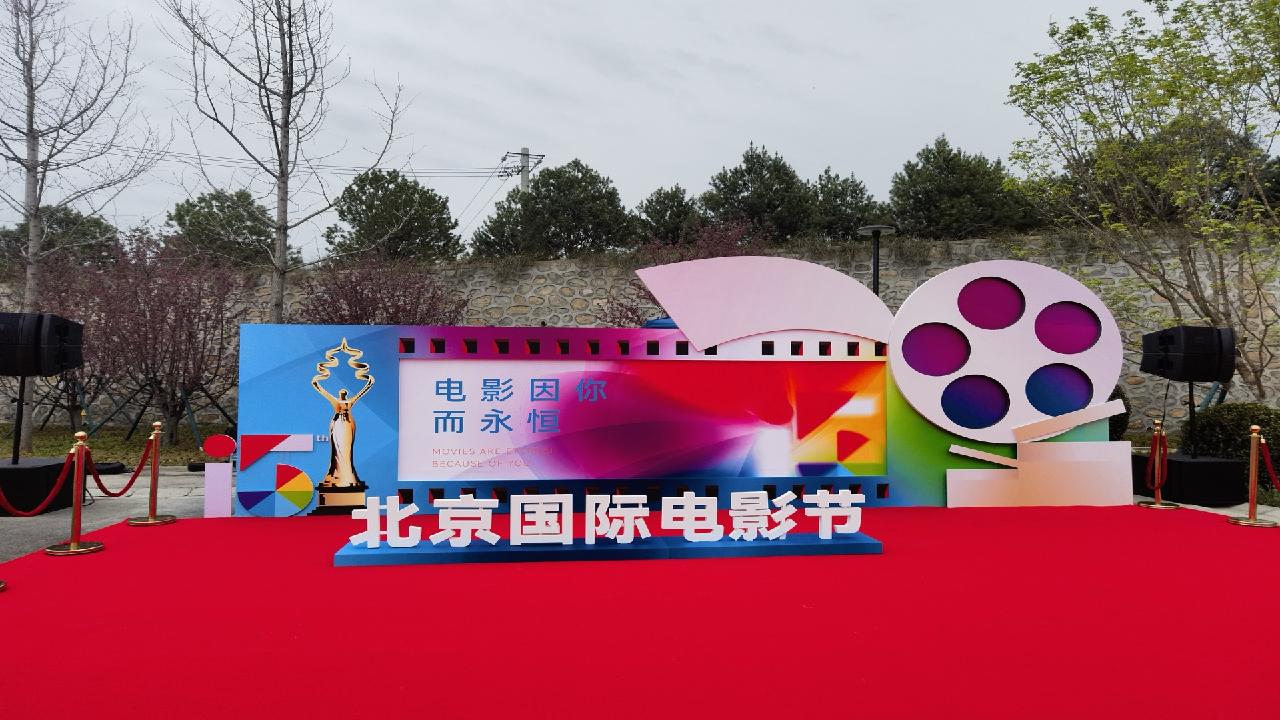
China's policies aimed at boosting domestic consumption, increasing income and further opening up to foreign investment will help the world's second-largest economy mitigate the negative impact of United States tariff shocks, economic experts emphasized during a briefing on China's first-quarter economic performance.
The event was hosted by the China Finance 40 Forum in Beijing on April 21.According to data released by the National Bureau of Statistics on April 16, China's economy exceeded expectations in the first quarter of 2025, achieving 5.4 percent year-on-year growth a 1.2 percent increase from the previous quarter."China's economy in the first quarter of 2025 continued a sound momentum from the fourth quarter of last year, driven primarily by proactive fiscal policies," said Zhang Bin, Deputy Director of the Institute of World Economics and Politics at the Chinese Academy of Social Sciences.
He noted that fiscal measures had significantly improved overall cash flow, leading to increased revenues and profits for industrial enterprises and higher disposable income for households.
The real estate sector also showed tentative signs of recovery, particularly in first-tier cities, as supportive policies helped stabilize market expectations.
Amid external demand shocks, Zhang emphasized that expanding domestic consumption remains a top priority.Underscoring the role of private enterprises in tech innovation and creating employment, Professor Huang Yiping, dean of the National School of Development at Peking University, emphasized that reforms to streamline regulatory processes, enhance intellectual property protection and ensure fair competition were essential to strengthen business confidence.
Huang also added that the central government shall take more responsibility to adopt policies supporting export-oriented companies amid rising tariffs. "The recent good progress of China-EU negotiations on electric vehicles is a good sign." Guo Kai, executive president and a senior fellow of the CF40 Institute, said, emphasizing that Chinese companies could increase investment in the European automobile industry, which could in turn create win-win results, just like what the European automobile companies did in Chinese markets 30 to 40 years ago.On April 8, China and the EU agreed to begin consultations on market access issues at an early date and to immediately launch negotiations on electric vehicle pricing commitments, along with matters related to bilateral investment cooperation in the auto sector.
The agreement followed a video call between Chinese Commerce Minister Wang Wentao and European Commissioner for Trade and Economic Security Maros Sefcovic.In light of global market turbulence and risks stemming from United States trade policies, Guo emphasized that China should continue to pursue dialogue and negotiations with major trading partners, including the EU and Belt and Road Initiative countries.
He noted that the EU, now reassessing its own economic policies amid the United States tariff shock, shares China's commitment to upholding the fundamental principles of a free trade system.
Guo added that China's policies aimed at expanding its super-sized domestic market and boosting consumption are also sending a clear signal to address concerns from other economies about the potential diversion of Chinese export goods to their markets amid rising United States tariffs.

 11
11








